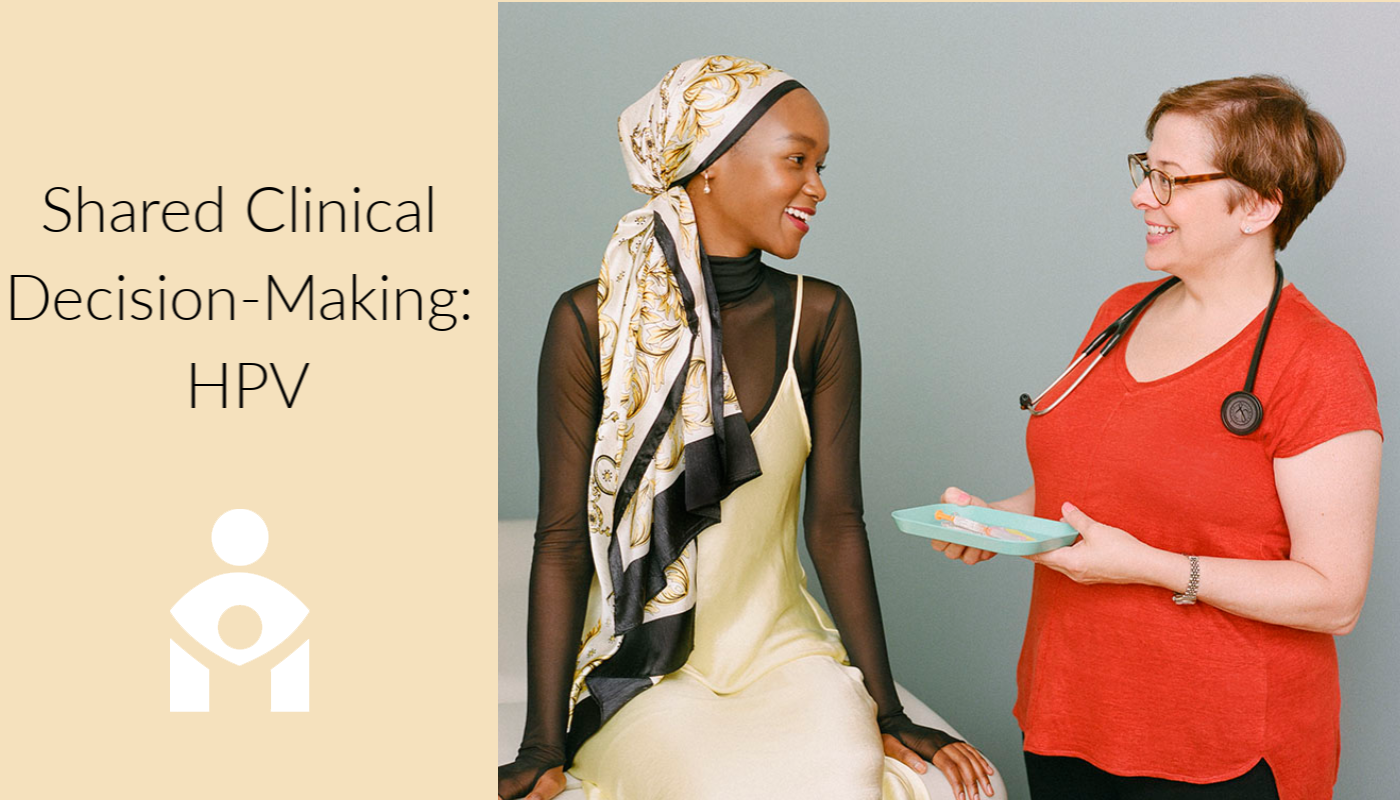The immunization schedules for 2020 recently published by the Center for Disease Control (CDC) four recommendations for vaccination based on shared clinical decision-making. These vaccines are:
- Meningococcal B (MenB) vaccination for adolescents and young adults aged 16–23 years
- Human papillomavirus (HPV) vaccination for adults aged 27–45 years
- Pneumococcal conjugate vaccination (PCV13) for adults aged 65 years and older who do not have an immunocompromising condition, cerebrospinal fluid leak, or cochlear implant
- Hepatitis B (HepB) vaccination for adults age 60 years and older with diabetes mellitus
But what is a shared clinical decision-making recommendation? According to the CDC, an immunization is given this designation when it is not indicated for all members of a population. The vaccination may benefit some members of the age or risk group, but broad vaccination of people in that group is unlikely to have population-level impacts. For shared clinical decision-making immunizations, patients and providers should discuss the potential benefits of vaccination and come to a personalized decision together.
Over the next month, we will examine the individual immunizations that the ACIP recommends for shared clinical decision-making.
HPV
The HPV vaccination is routinely recommended
for ages 11 or 12 with catch-up recommendations for those not vaccinated on
time.
In June 2019, the ACIP recommended shared clinical decision-making for HPV vaccination of adults aged 27–45 years. According to the ACIP Shared Clinical Decision-Making Recommendations, HPV acquisition generally occurs soon after first sexual activity. Vaccine effectiveness is lower in older age groups because of prior infections and lower risk of exposure (for example, among persons who are in a long-term, mutually monogamous sexual partnership). The ACIP recommended shared clinical decision-making rather than catch-up vaccination because most adults in this age group would have no or minimal benefits from vaccination. However, some individuals who are not already immune to HPV through vaccination or natural infection (e.g., a previously unvaccinated person who has never had sex) and who might be at risk for acquiring a new HPV infection in the future (e.g., plans to have sex with a new partner in the future) might benefit from vaccination.
A detailed explanation of the ACIP’s recommendation and considerations for shared clinical decision making regarding HPV vaccination of adults aged 27 through 45 years can be found on the HPV Updated Recommendations webpage.

[…] CPP posted a blog summarizing the shared clinical decision-making recommendations. Further resources from the CDC […]